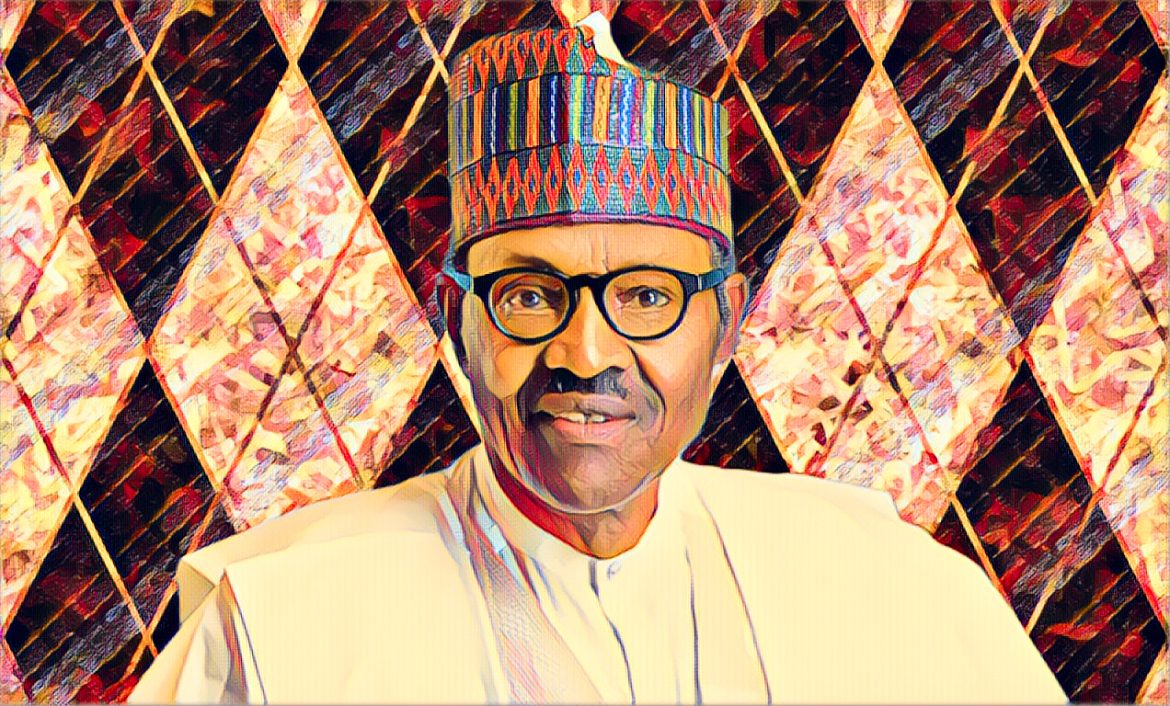A former aviation minister, Osita Chidoka, has accused former President Muhammadu Buhari of destroying Nigeria’s security agencies with his nepotistic and lopsided appointments of service chiefs.
Chidoka, who also served as the head of the Federal Road Safety Corps, said in a televised interview that Buhari’s eight years in power left the country in ruins and insecurity.
He said Nigeria would need many years to recover from the damage caused by Buhari, who failed to protect citizens from terrorists and criminals, despite his campaign promises.
Chidoka’s criticism echoes the growing discontent and frustration among Nigerians over the worsening security situation in the country.
According to the BBC, Nigeria is facing five different security threats, ranging from jihadist insurgencies in the north-east, to clashes between herders and farmers, banditry, separatist violence and kidnapping across the country.
The UN estimates that the conflict with Boko Haram and its splinter factions has killed nearly 350,000 people and displaced millions more.
The Conversation reports that 2022 was a bad year for Nigeria’s security and points to the need for major reforms.
The Guardian says that Nigeria is reeling from a nationwide wave of deadly violence that has left millions in uproar at the collapse of the security system.
Chidoka said the government and the security agencies had failed to address the root causes of the violence, such as poverty, unemployment, climate change and ethnic tensions.
He said the security agencies had become employment opportunities for political cronies and friends, rather than professional and competent institutions.
He called for dialogue and resource-sharing agreements to resolve the conflicts between agrarian and pastoralist communities, as well as improved law enforcement and intelligence.
He also urged the government and the public to work together to restore peace and stability in the country, ahead of the 2023 general elections.
He said Nigerians should not lose hope in their democracy and their country, but rather demand accountability and good governance from their leaders.
Source: Punch


